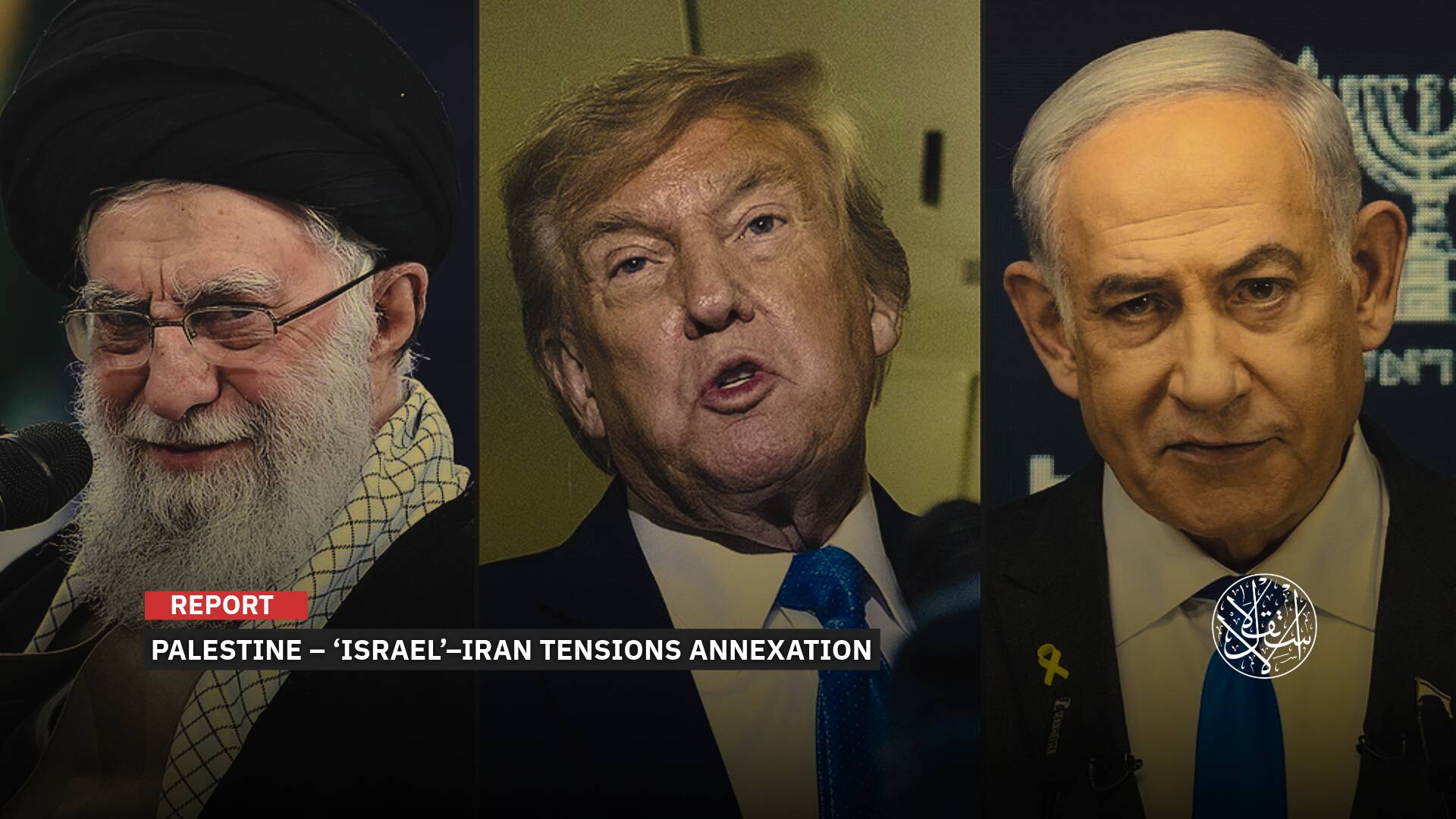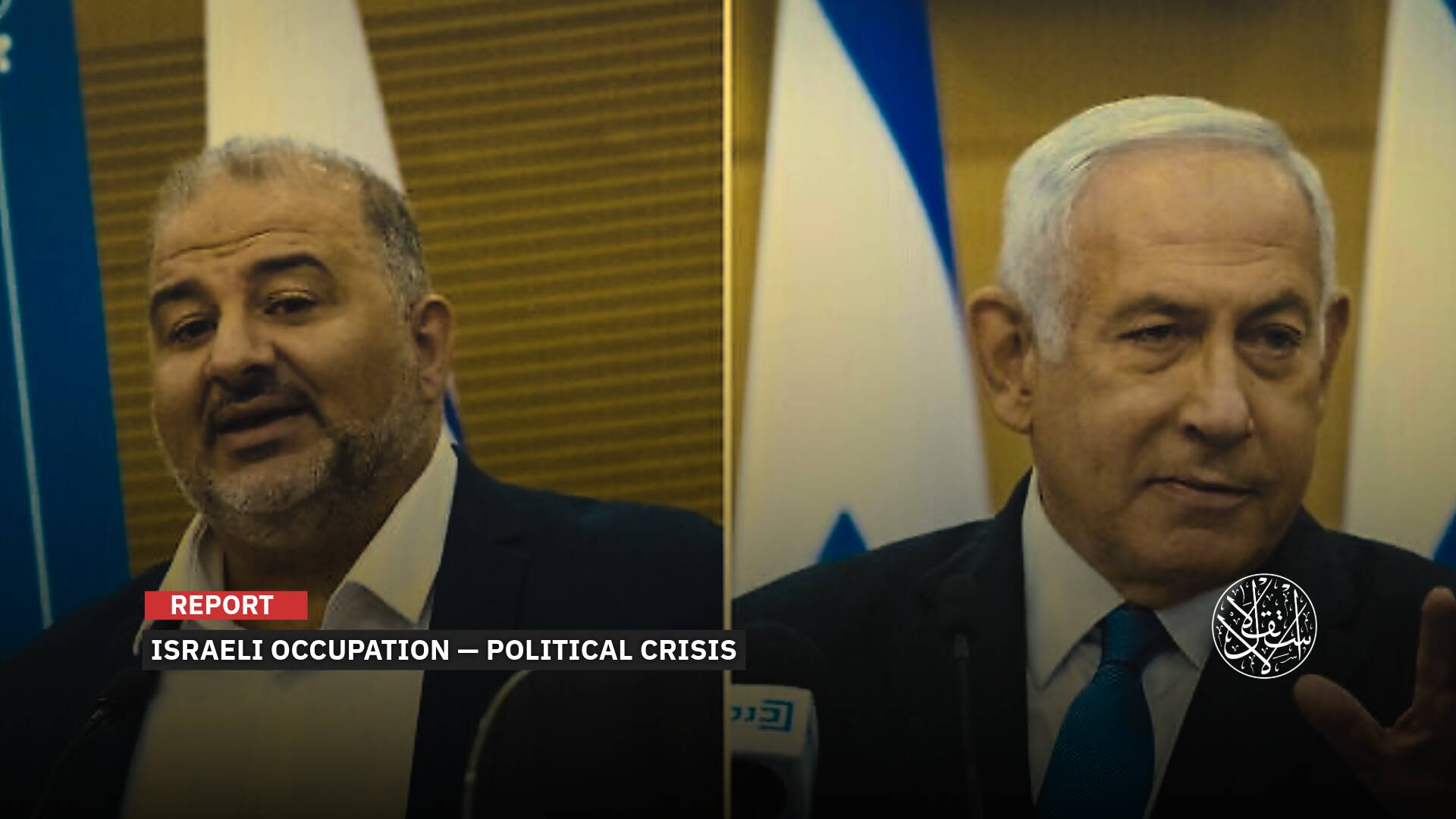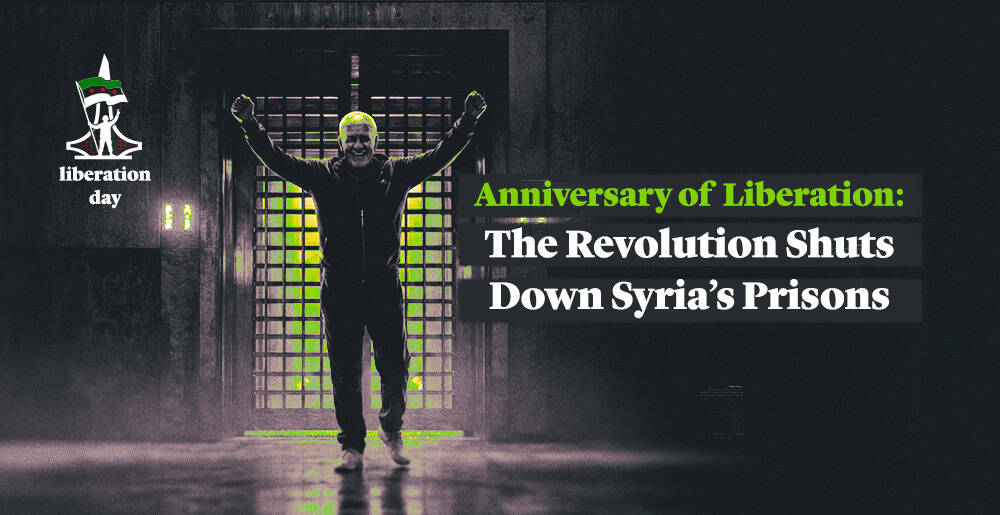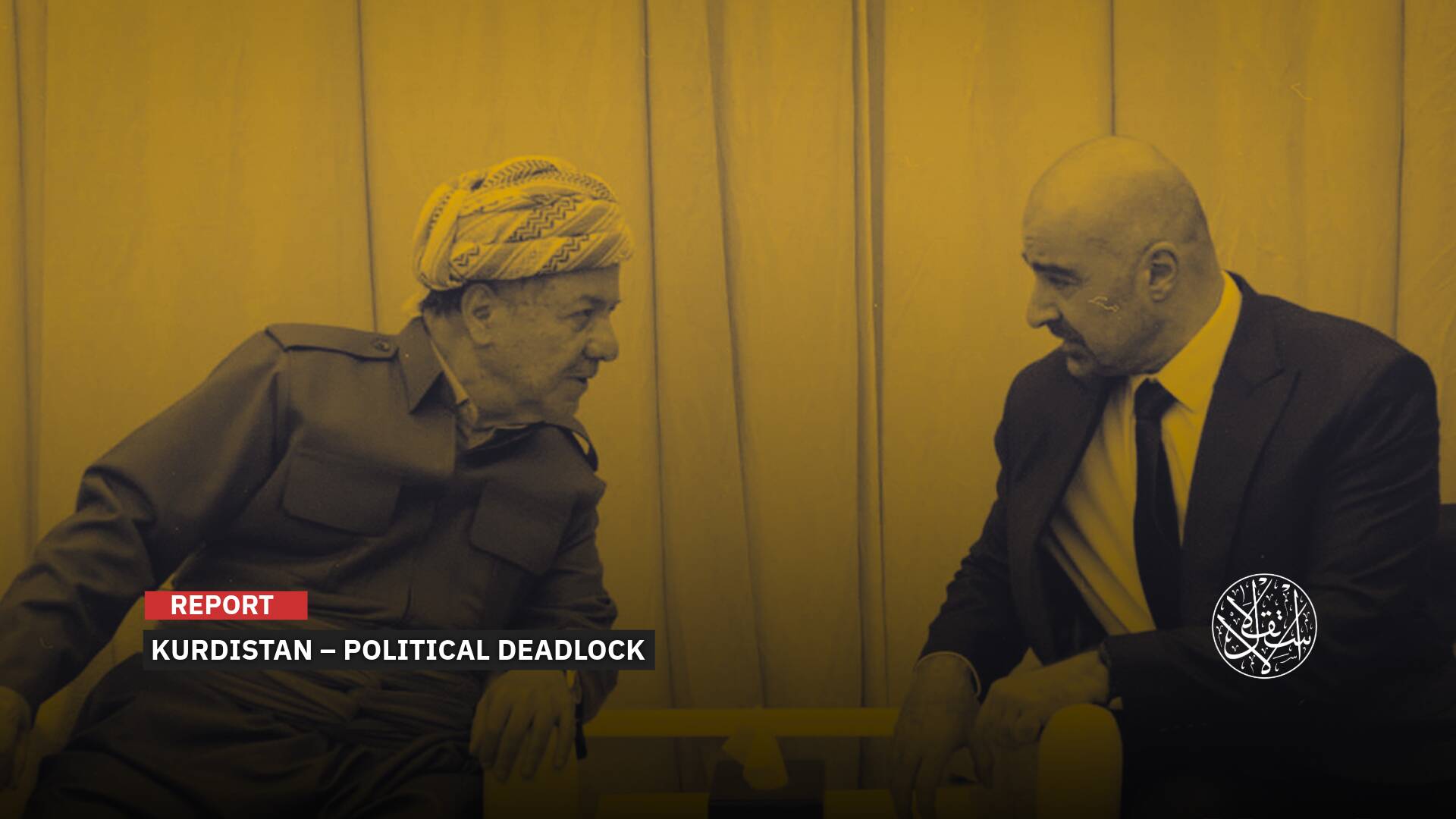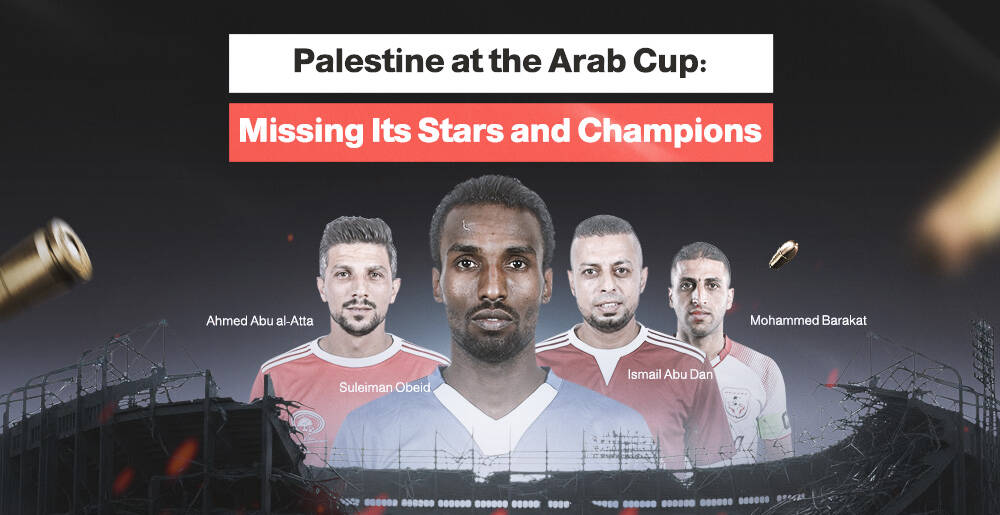'Many Flags Represent Me': Dual Nationals' Struggle for Belonging During the World Cup

At each international sports competition, national anthems and flags awaken the strongest national sentiments. As historian Eric Hobsbawm wrote, “The imagined community of millions of people seems more real when it is reduced to 11 players whose names are known.” However, the double national immigrants and their offspring may have conflicting feelings and sense the struggle of belonging.
In The Guardian article, Barney Ronay described it as: “It is after all a part of football’s discourse that there must always be villains and heroes, absolute certainties, no shade of gray.”
In the last century, the World Cup helped some countries spread their identity and even gave their people the meaning of life. But in the era of globalization, after the entire planet has turned into a small village, the national team is no longer a special identification card for an entire nation.
The world countries’ members have become a mere display of the ability of countries to absorb each other. Many citizens hold dual nationality and belong to different countries. Thus, the footballers themselves can play for the national football team, while sometimes of a different descent.
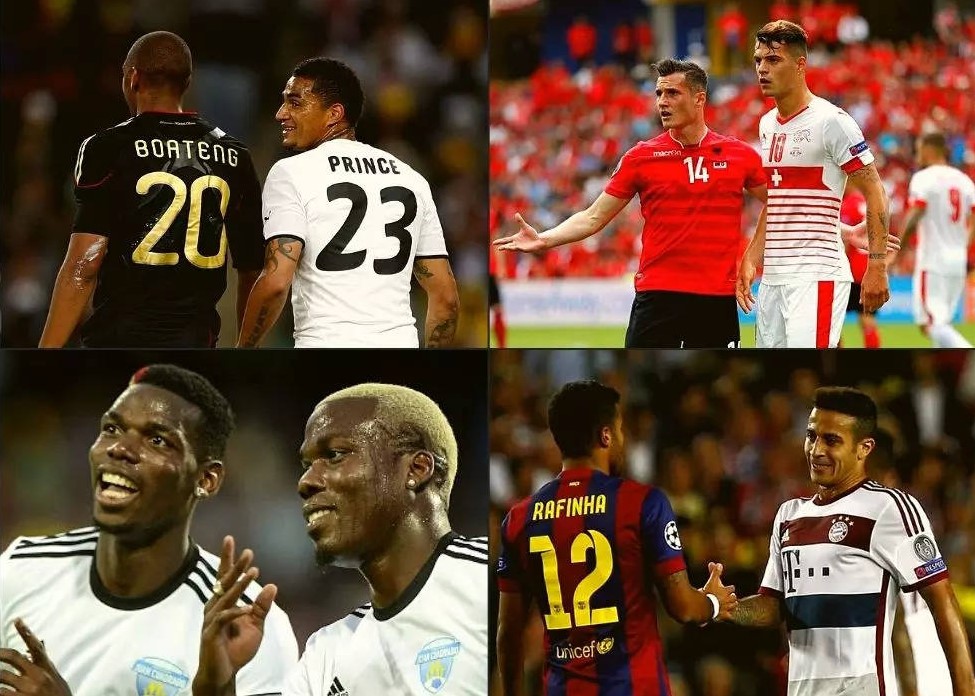
Both Flags Represent Me
In an interview with Al-Estiklal, Wahib, a Moroccan-Belgian doctor and football fan, said: “I feel a sense of belonging to both countries. I am a Moroccan and Belgian citizen at the same time. I am grateful to Belgium, the country that has opened up opportunities for me to settle down and realize many dreams. I also feel closely connected to Morocco, the country in which I was born and raised.
He added: “When I watch the football match of the two teams of Morocco and Belgium, I enjoy watching the playing techniques, and I feel that the flag that will be raised at the end symbolizes the team that excelled in the matches and not the best country. Both flags represent me. I am equally happy with the victory of either of the two teams.”
According to research by Jess van Campenhout, associate professor of geography, youth, and education at the Faculty of Earth Sciences at Utrecht University in the Netherlands, the representation of countries in the World Cup by players of different nationalities is a historical phenomenon, not a recent one. However, the number of players with different assets has been increasing from 1930 all the way to 2022.
For example, in the 2018 World Cup in Russia, 82 of the players participating in the tournament played for 21 different countries than the country they were born in. This number rose in the 2022 World Cup in Qatar, reaching 137 players on the lists of 28 national teams for countries where they were not born.
The largest segment of dual nationals was born in countries with a colonial past, such as France, England, and the Netherlands. The reason is simple—this is due to the history of immigration to these countries.
137 jugadores que no representarán a su país de nacimiento en el Mundial pic.twitter.com/Jek6y6v1vj
— Jaime F. Macias (@Jaimefmacias) November 15, 2022
Balance of Competence
Until the beginning of the third millennium, the theory of the colonial past of some countries was sufficient to explain the map of international football forces, where countries with black history, with the oppression of weak peoples, acquire most of the excellent talents that grew up within them, and benefited from the tremendous progress in various fields, including football without a doubt.
Before 2004, FIFA rules prevented players with dual nationalities from representing another team if they represented a team in different age groups. Consequently, talents were concentrated into specific geographic areas, while developing countries were denied access to some of these talents.
Algeria and Morocco led a campaign to change the eligibility rules in the International Federation, and by 2009, it became possible for a dual-citizen player, who has already turned 21, to change his nationality and play for the team he wants, provided that he has not represented the first team of the other country.
Carl Anka, editor of The Athletic, believes that such a trend may restore balance to the map of international football forces in the future. Because it gives countries that have lost their talents for social, political, or economic reasons the right to regain their children and benefit from them, it gives the players themselves a new opportunity to showcase their talents in the international arena, even if by representing a relatively weaker team.
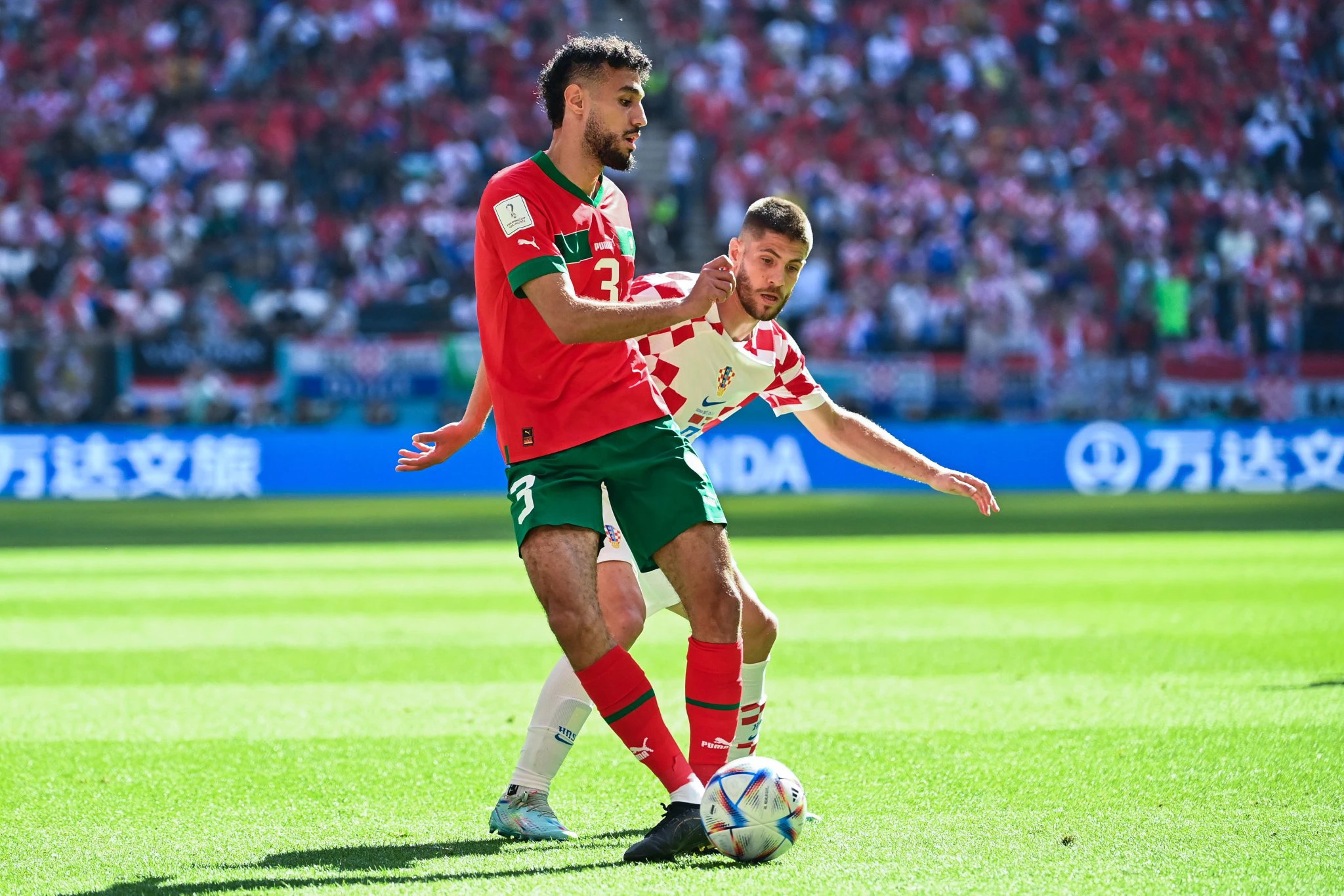
Dual Love
David Mackenzie, an economist with the World Bank’s Development Research Group, believes that citizenship is not like a Catholic marriage in which there is no divorce. On the contrary, a person can owe allegiance to two countries, just as a man loves his children equally.
Currently, statistics tell us that a player’s participation in the World Cup, whichever team’s colors they are defending, ensures that they are watched by hundreds of millions around the world. Therefore, the player may knock on every available door to achieve his personal goals, whether it is by representing the country where he was born and grown in, or by carving in the rocks with the country of origin, looking for a chance to participate in the most important global forum ever.
Amine Harit, Achraf Hakimi, and Hakim Ziyech were a few of many Moroccan international footballers of immigrant backgrounds holding dual nationality; they were raised in Europe and decided to play for the Moroccan National team. Their choice raised questions like: Are they “Moroccan enough?” or “did they make this choice by ultimate conviction or for material benefits?”
For these dual nationals, choosing a sporting nationality is not easy. It is a long process that requires patience, risk-taking, and support.
Barney Ronay emphasized: “There is a need to be sensitive to the fact the world has changed. What seems a simple choice for a middle-aged man with only one flag to his name might not be the case for a teenager keen to honor both his family and his country. There is a need to dial back the language used, to accept this can be a complex topic, and that this is no one’s fault, not an indication of some basic frailty of spirit.”


